Thales has opened a new assembly line at its Herstal site in Belgium to increase the production of 70-mm laser-guided rockets fivefold, according to a press release.
This expansion is part of a €20 million investment plan launched in 2023, supported by the Walloon Region, the Belgian government, and the European Union’s Act in Support of Ammunition Production (ASAP) plan.
The new production capacity aims to strengthen Europe’s ammunition capabilities, with the rocket being a NATO-standard 70-mm calibre currently used in Ukraine.
The inauguration of the new production line was attended by Belgian Minister of Defence Ludivine Dedonder. “The expansion of the 70 mm rocket production line responds to rapidly growing international demand, as well as to the needs of Defence, due to a worrying global security situation,” said Dedonder.
She also noted that this initiative contributes to strengthening Belgium’s strategic autonomy and guaranteeing peace and security in Europe.
The new production line will increase Thales Belgium’s output from 1,000 guided rockets to 5,000 by 2025. To support this expansion, Thales has hired over 50 new staff, enhanced the supply chain, and integrated additional activities vertically. Alain Quevrin, Country Director Belgium, Thales, and Hervé Dammann, Executive Vice President, Land and Air Systems, Thales, also attended the inauguration.
Willy Borsus, Vice-President of Wallonia and Minister for the Economy, Research and Innovation, highlighted the region’s potential in the defence sector. “When it comes to defence, Wallonia’s potential is unquestionable. We need to step up collaboration between the federal government and Wallonia to position Walloon industry as effectively as possible in defence markets,” he said.
Hervé Dammann added, “The inauguration of this new production line at the Thales site in Herstal demonstrates the Group’s commitment to constant innovation and investment in strategic production capacities for Europe.”
Thales Belgium, the only manufacturer of these munitions in Europe, say it aims to meet the growing needs of European armed forces.


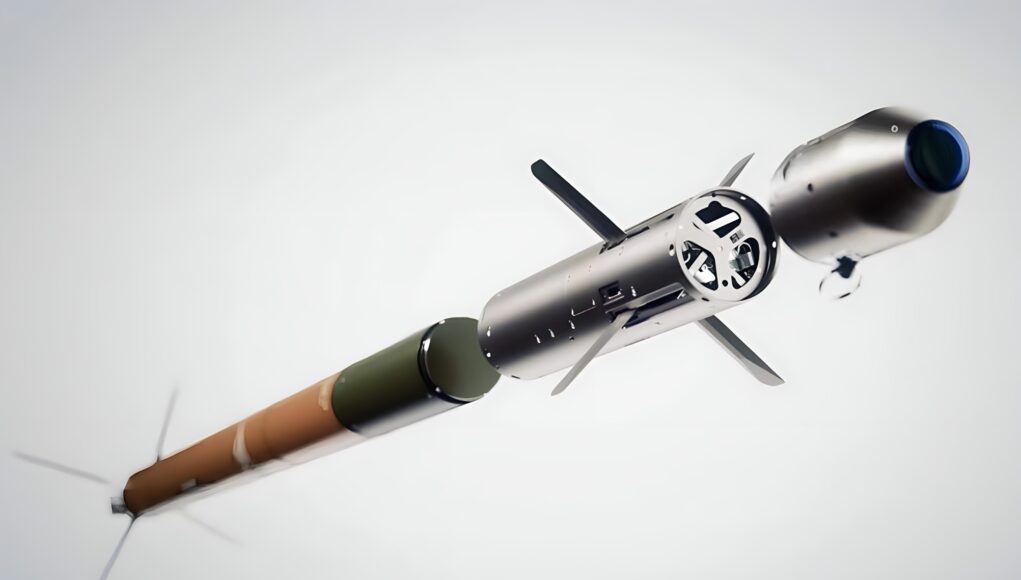
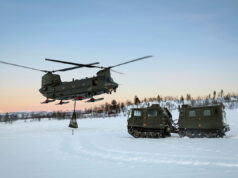




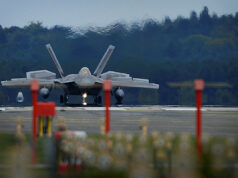
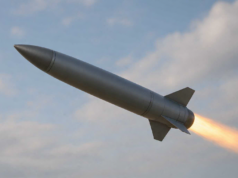


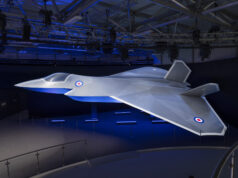

Hi George,
Is that 5000 rockets per year?
All the same it is good to see Europe upping its munitions output.
Cheers CR
It is, the new production line will increase Thales Belgium’s output from 1,000 guided rockets to 5,000 by 2025.
Thanks George
CR
What kind of guided rockets if i may ask? Akeron and the likes?
And does the UK use these type rockets on its Apache helos?
UK is getting the superior APKWS from BAE in the US.
APKWS is really one of the most elegant designs out there. It means you can re-use existing rocket motors and warheads, plus the mid body guidance means the sensitive seeker head is protected from efflux and environmental contamination like sand.
These are laser guided 70mm rockets. Essentially the Thales equivalent to APKWS.
It’s interesting that Russia ( by invading Ukraine ) has done more to support and develop European military industrial capabilities ready for the 21c geopolitical future than any western political leaders.
The rise of China is also be having its benefits with the strengthening of various other countries defences and alliances in response in this part of the world. No real time for lethargy or apathy. Need to rise to counter and contain and even compete.
I think Mr Trump would argue that with you 😀
Let’s face it he will argue with any bugger who doesn’t support him 😂😂😕
5000 rockets a year isn’t exactly encouraging. NATO forces would burn through thousands of these weapons really quickly in any high intensity conflict.
I’d think getting to 20-30,000 a year was required if we are to have any chance of replenishing stockpiles.
Is this the only supplier of these missiles?
In the meantime, BAe can’t finish a factory for orders of magnitude more cash in under 5 years to make an artillery shell that has been around for nearly a 100 years. Nice to know we’re in such good hands under these corporations. Isn’t it.